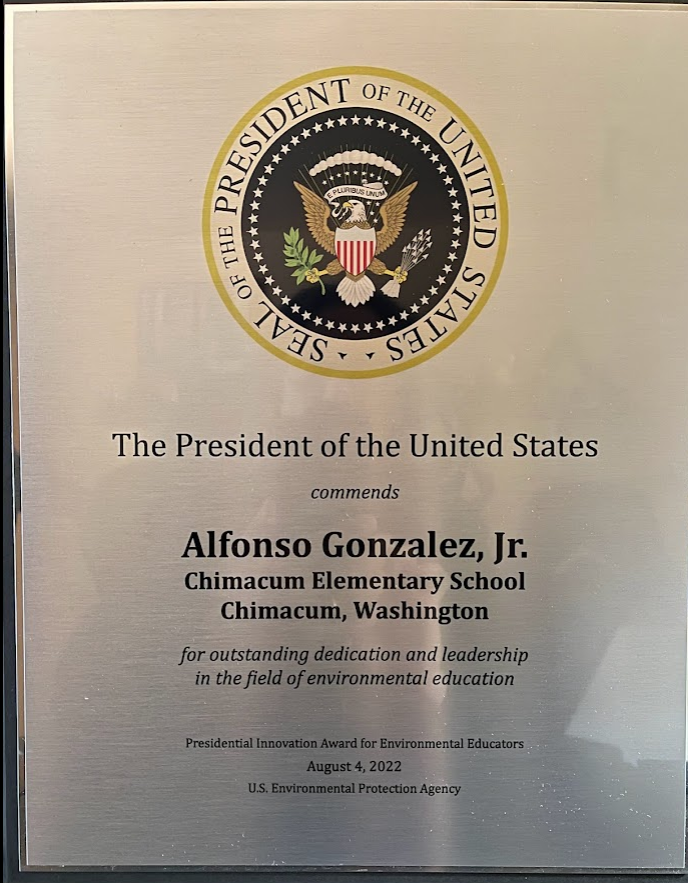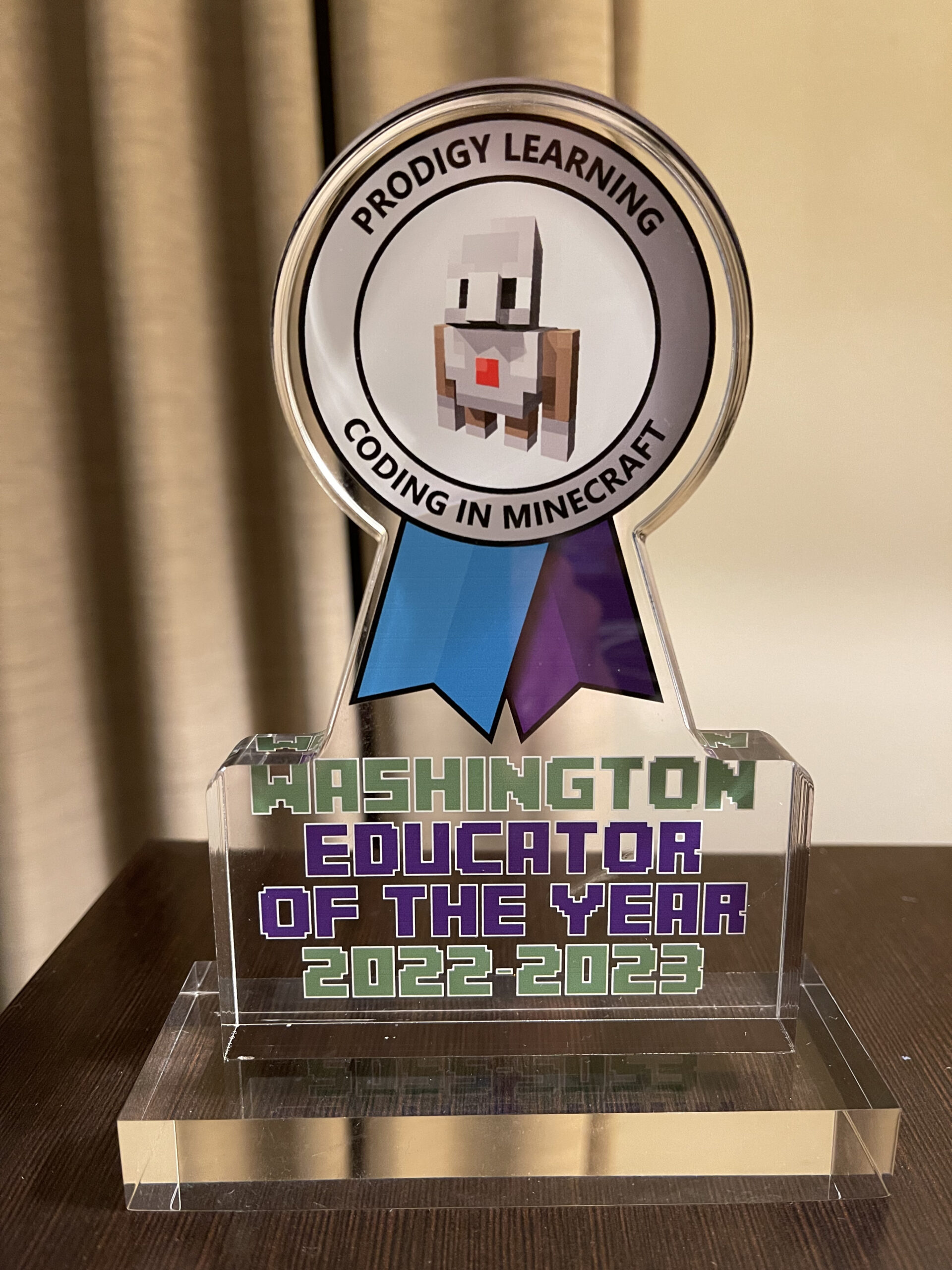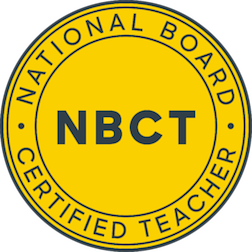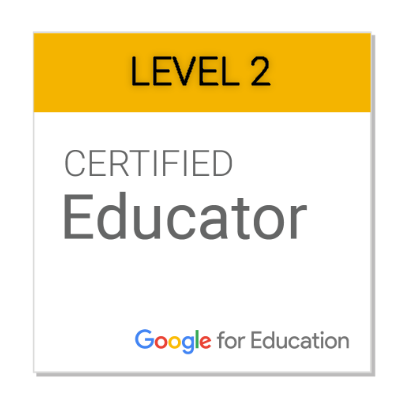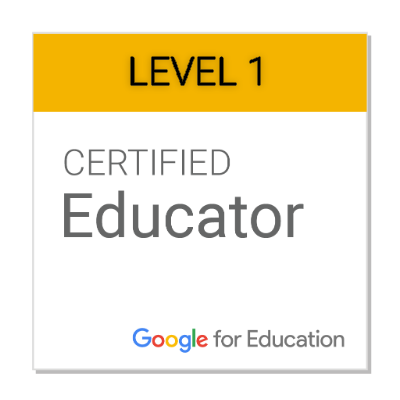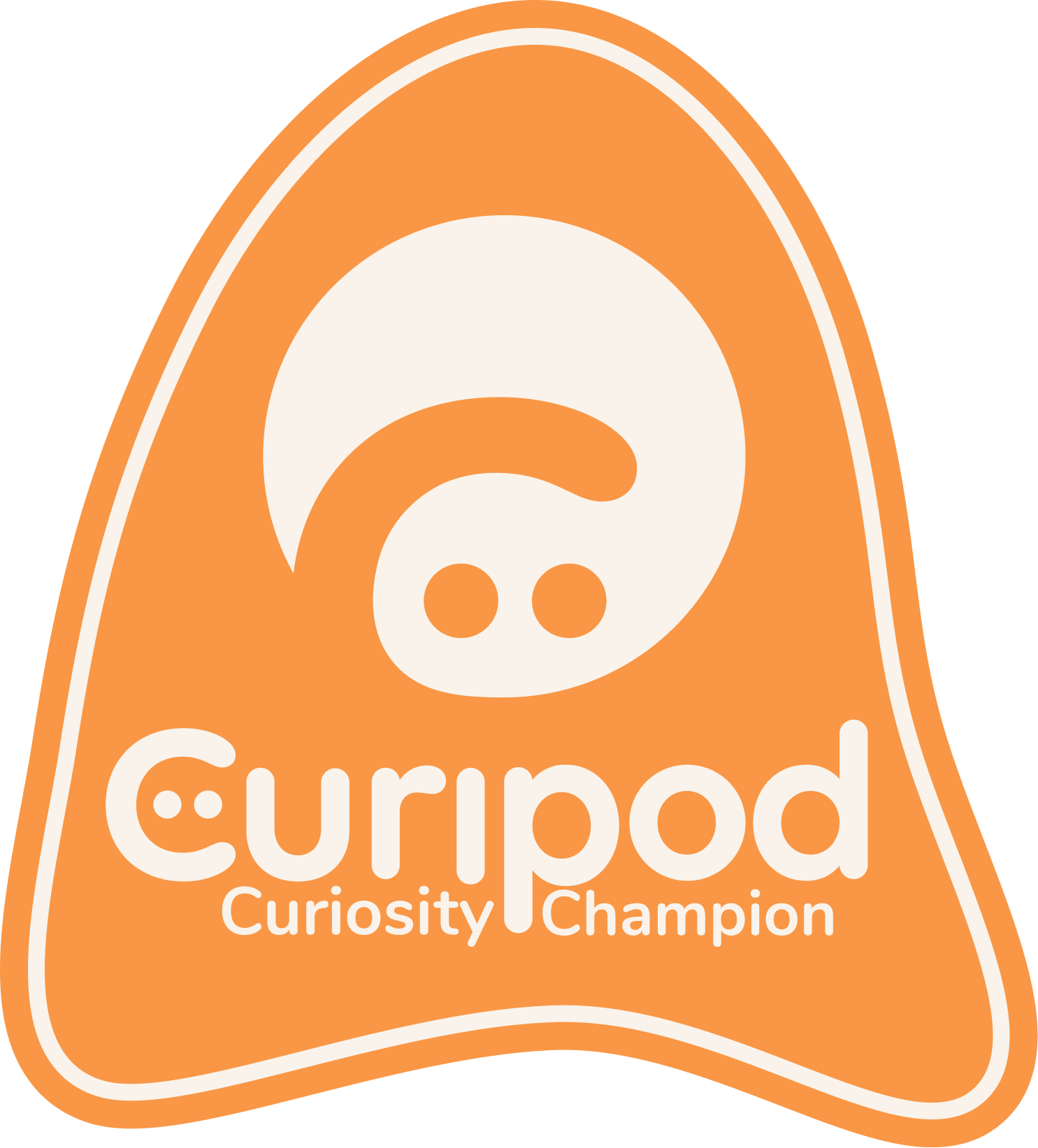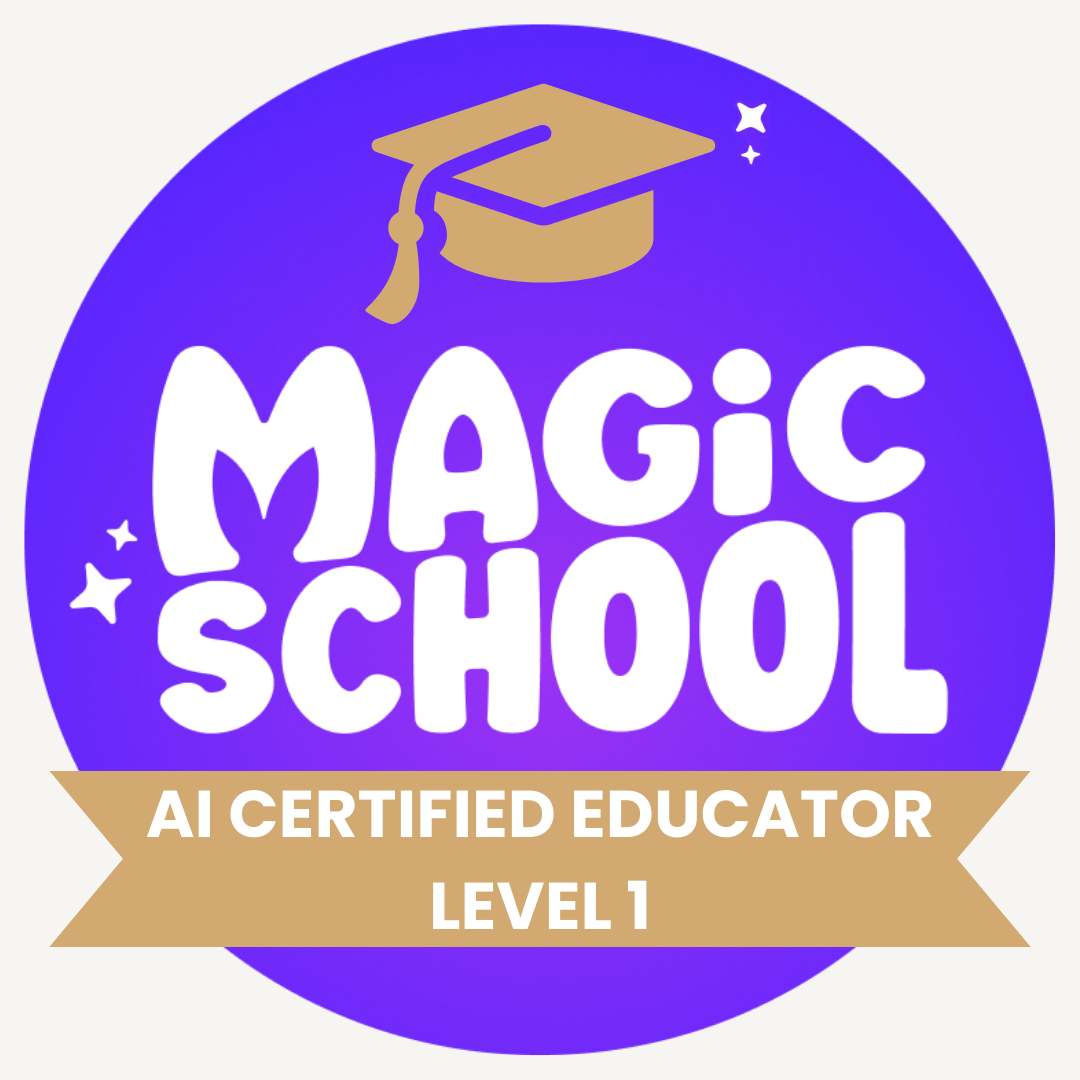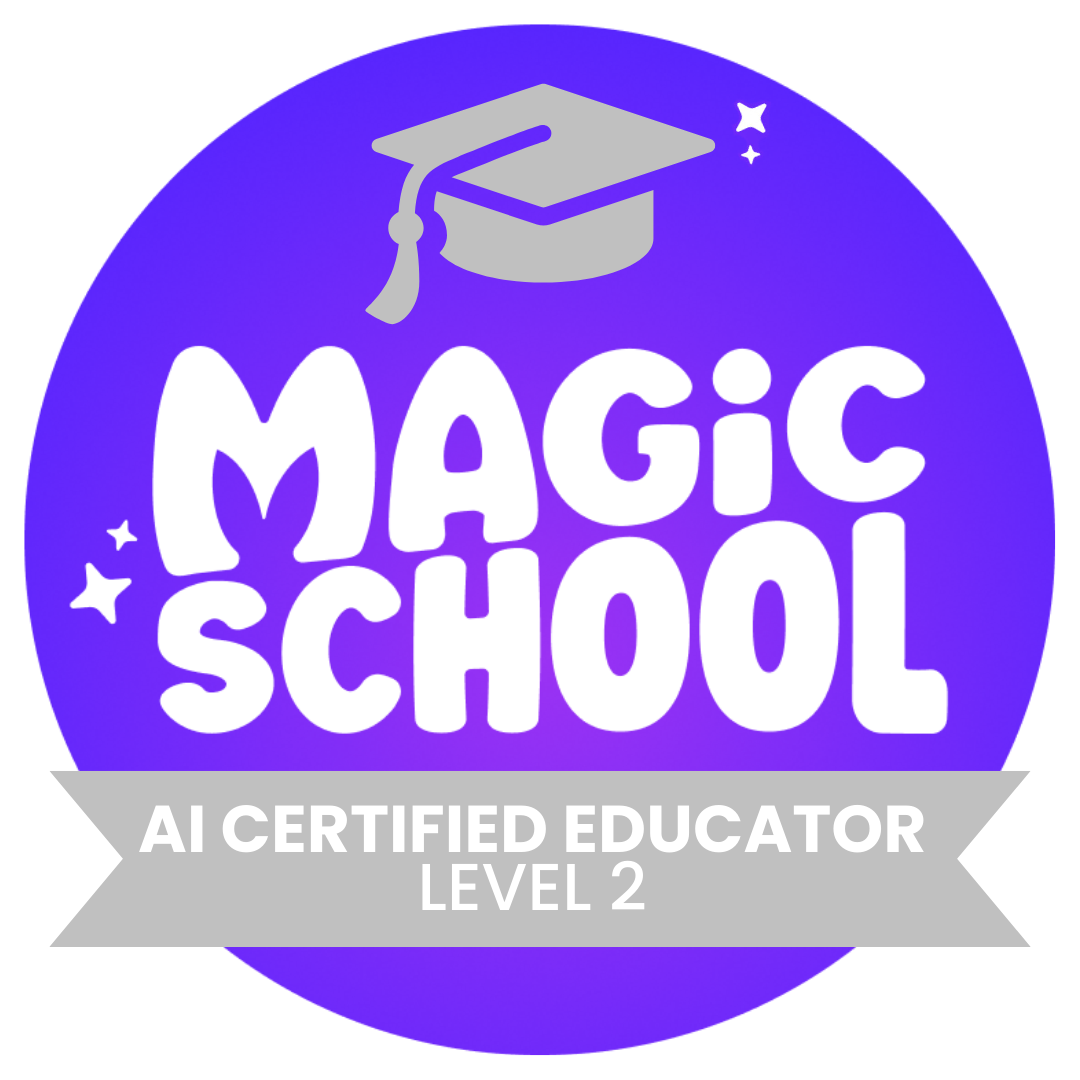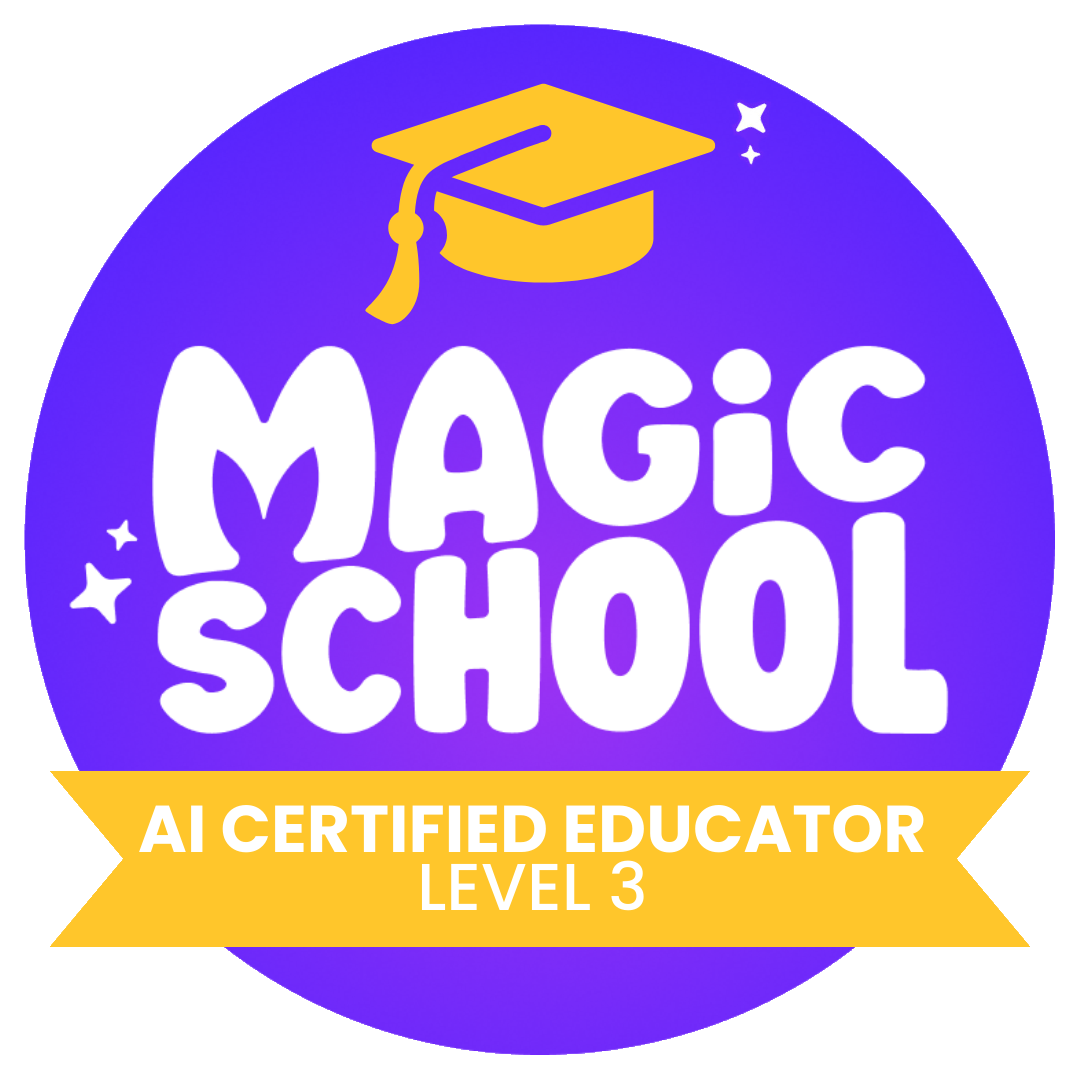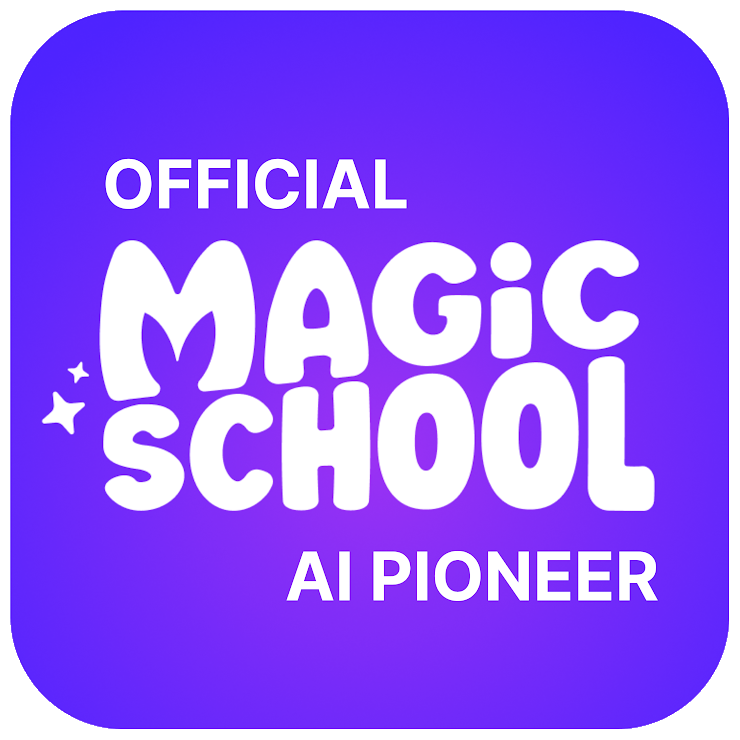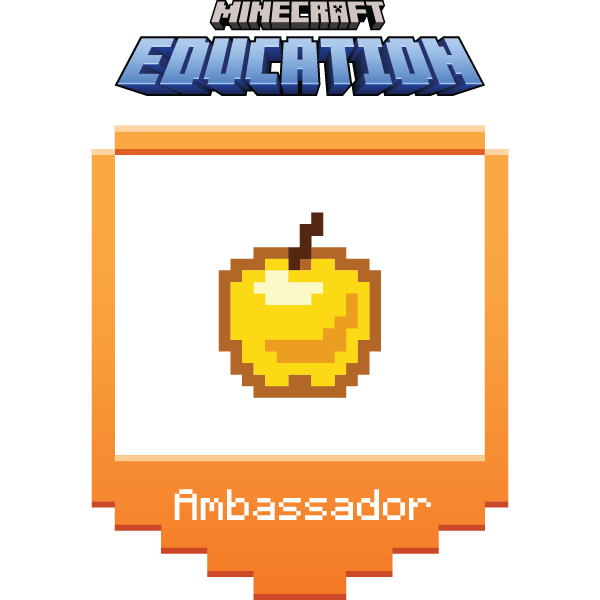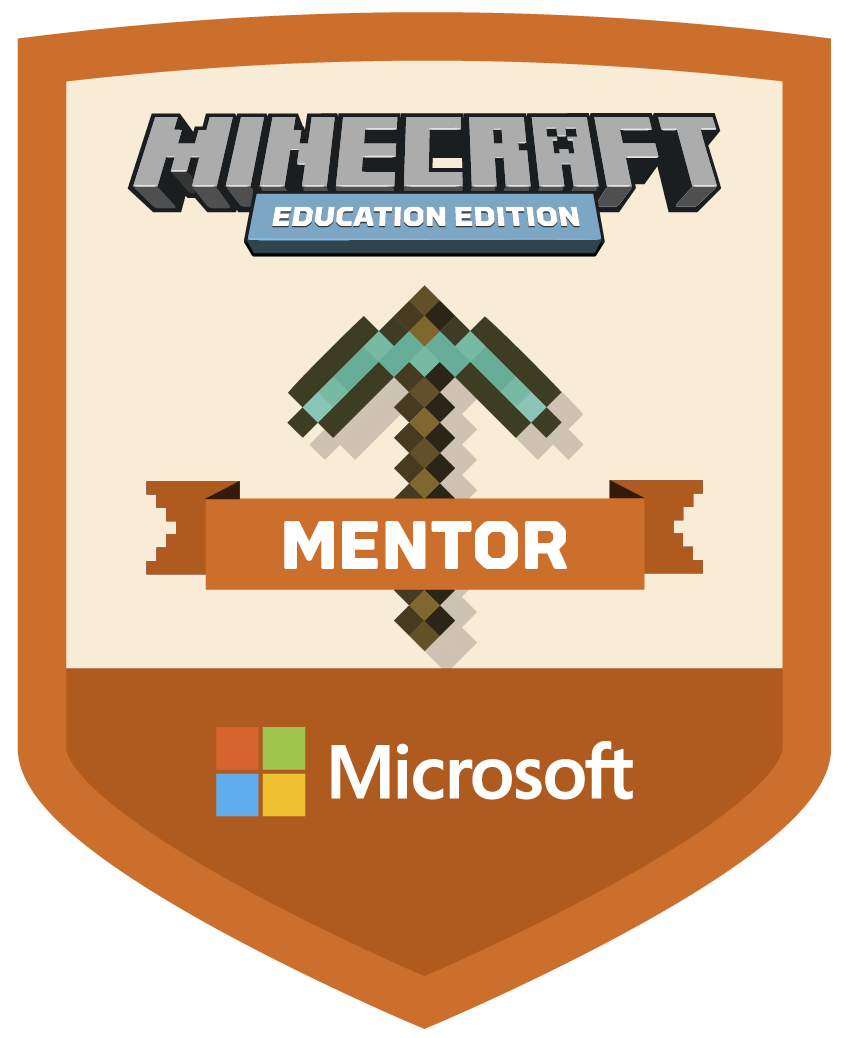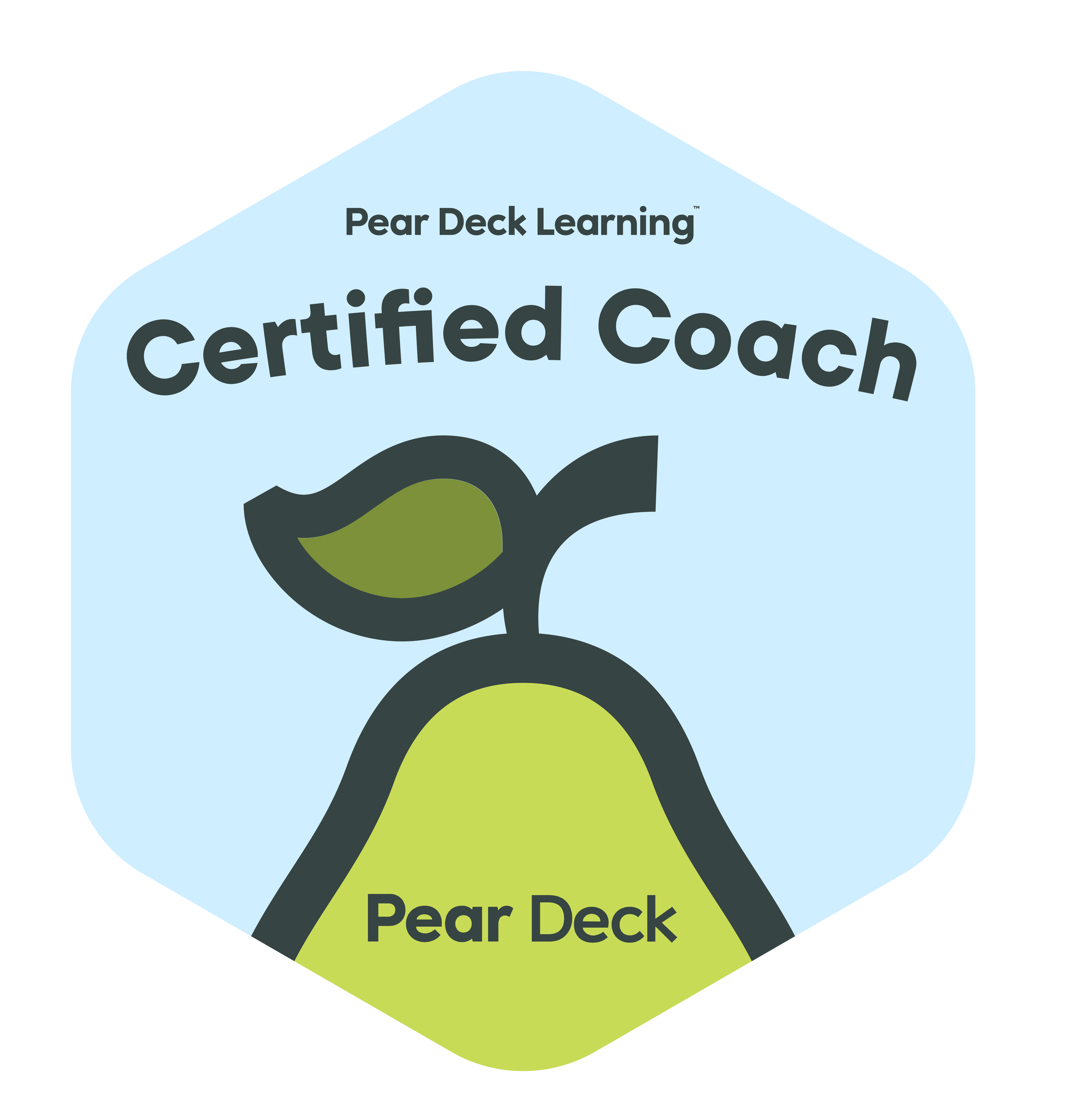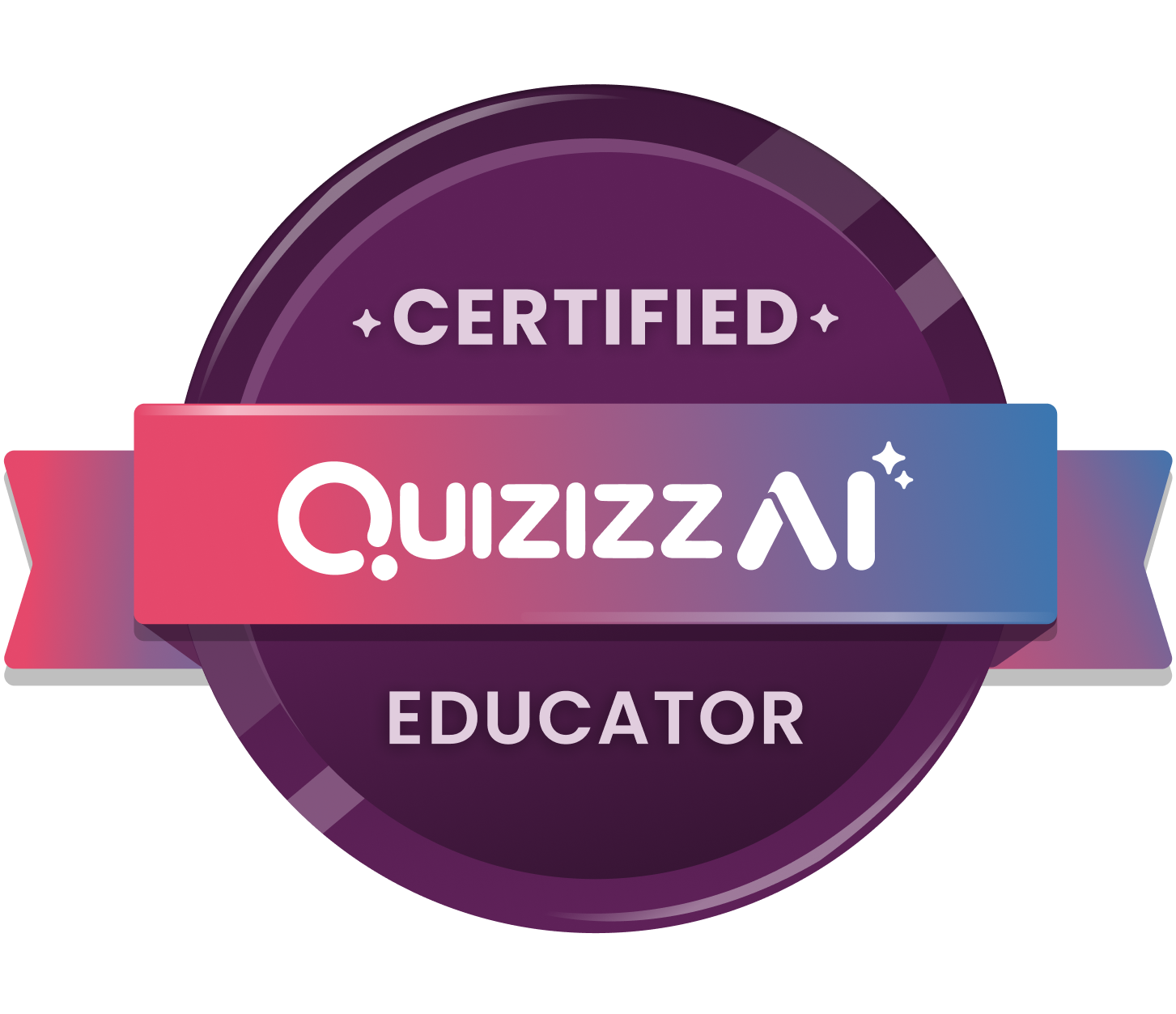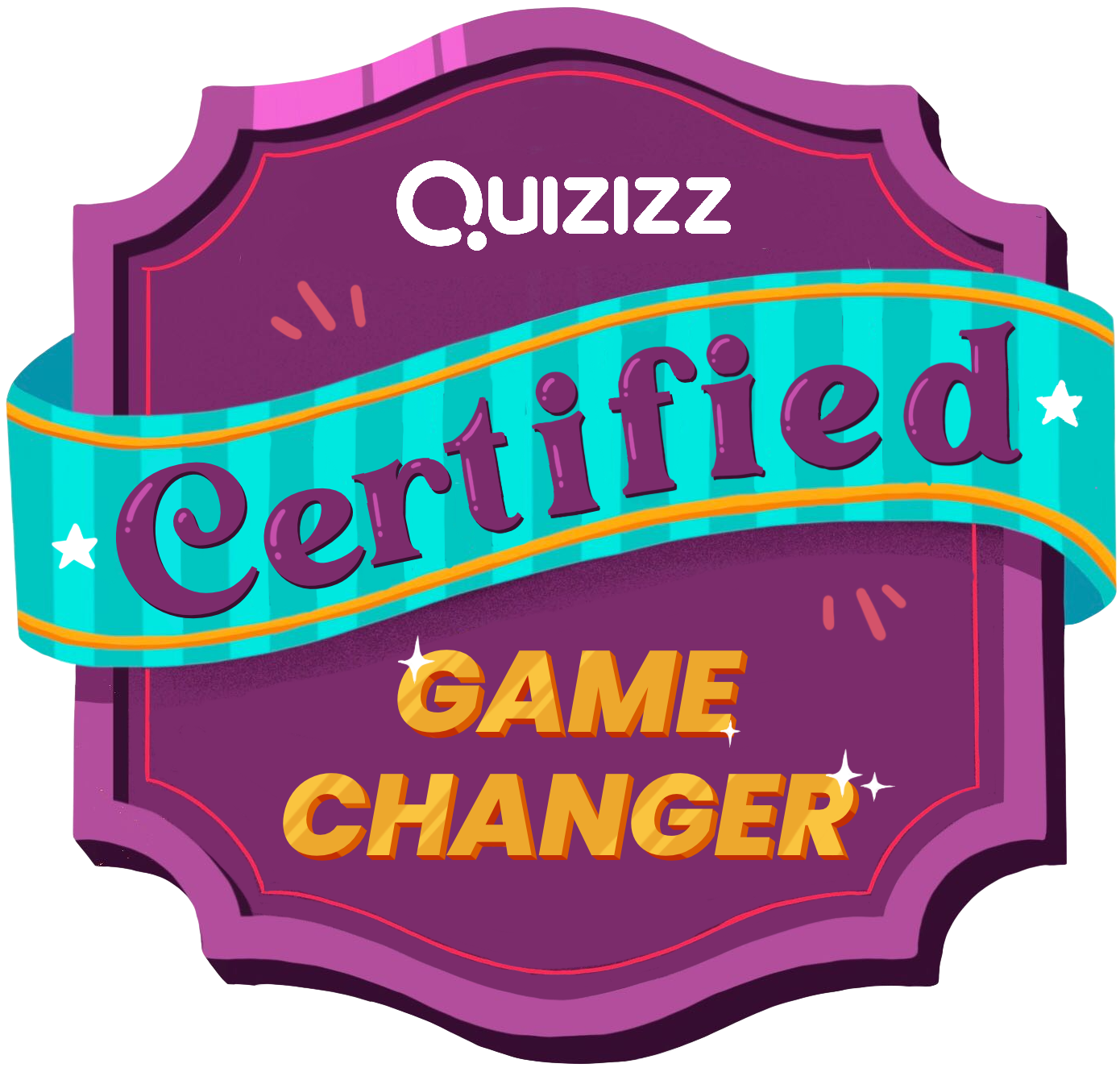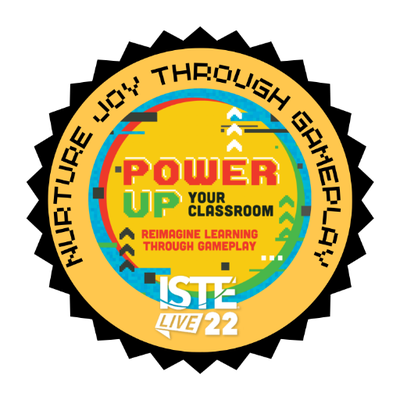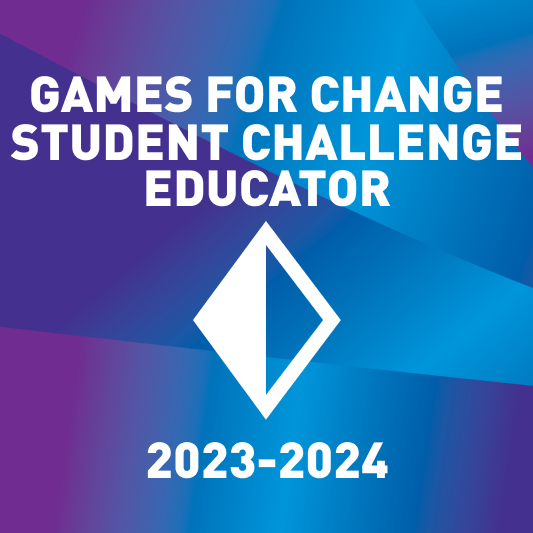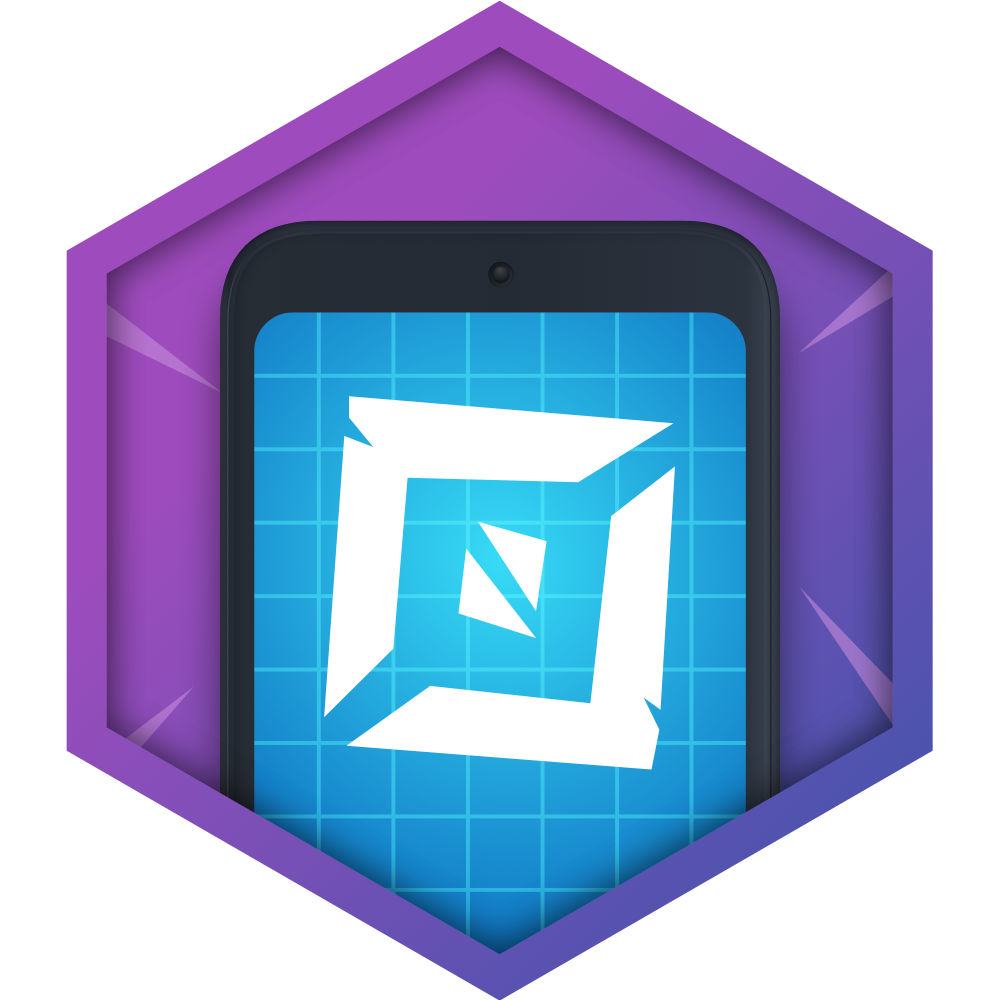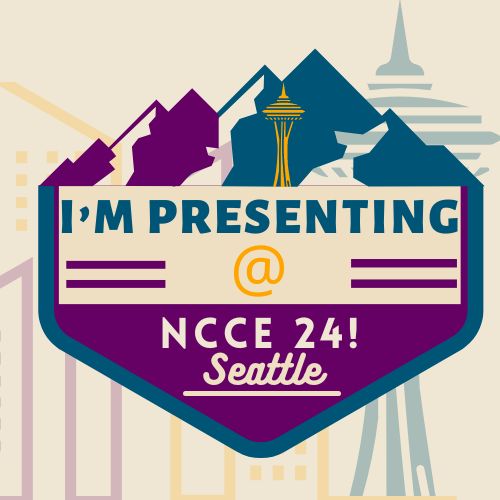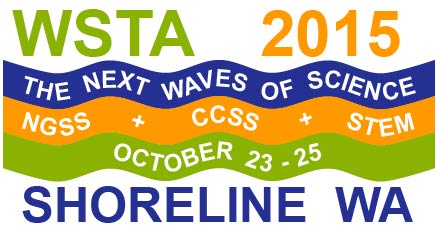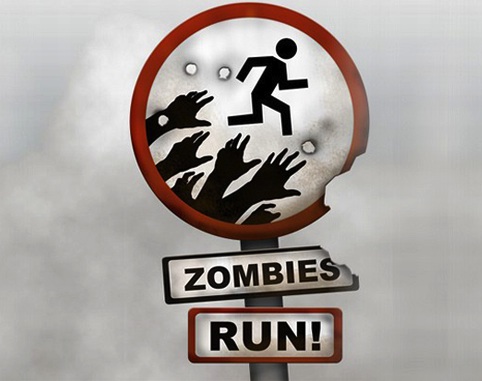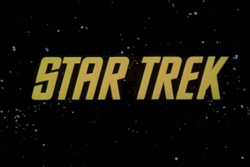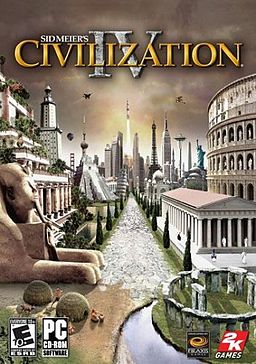Sometimes tripling something can be good. Maybe not all that good for you, but good. Other times tripling something isn’t all that good for you and isn’t good any way you slice it. Sometimes it only benefits those in power.
That tends to be the case with the form of assessment known as standardized testing. I happen to agree with those who see that standardized testing, like many education policies, seem designed for the convenience of adults rather than the education of children. It blows my mind that the multi billion dollar industry that is standardized testing is in all actuality the cheap and easy way to “assess” students! It’s much easier AND cheaper to give all my 6th graders the same test and expect the same results on that test to determine how much they know and how well I’m teaching. Imagine what it would cost to assess students in a way that determines individual growth and individual needs! And people wonder why we ask for better funding.
A cost that I’m seeing first hand with the switch to the common core standards is the additional time my 6th graders are spending testing this year. When I administered and proctored the California Test of Basic Skills, CTBS, (when I taught in CA), then the Iowa Test of Basic Skills, ITBS, (here is WA), then the Washington Assessment of Student Learning, WASL, and finally the Measurement of Student Progress, MSP (also here in WA state) I would spend maybe one or two periods preparing kids for the test and getting them used how they were going to be tested. I had to prepare them for that type of assessment because it wasn’t the way I assessed my students. Then the students would spend about one day, or two to three hours, on a Reading test and another day, or two to three hours, on a Math test.
When I became a Science-only teacher I only helped kids prepare for the Reading and the Math tests by the reading and writing and math we did in Science. It was not direct teaching to a test rather real teaching of Science including the skills necessary to learn and do Science (reading, writing and math)! I so enjoyed that! When I taught 8th grade I spent a couple to three days preparing my 8th graders for the Science WASL and then for the Science MSP. After that practice they then spent one more day, or two to three hours, taking the Science WASL or later MSP. So when I taught 8th grade Science I spent about three class periods on test prep and then one class period on testing. That has never bothered me. I’ve written about that here and here (more of my thoughts on the matter). In the fall I can see the test scores and decide on any tweaks I can make based on that slim evidence and knowing I’ll have a batch of completely new and different, possibly very different, kids.
As a 6th grade Science-only teacher I really didn’t do any test prep practice. I just made sure my students read, wrote, and did math in Science class. Then I’d give up two periods of Science when they took their reading and math tests. That was doable!
Now I have nothing against the common core standards. Standards have always been very helpful in my lesson planning. But switching from the MSP to the Smarter Balanced Assessment Consortium (SBAC) has me in an internal uproar. Is that what SBAC means? I had to look it up just now because the name does not seem to be the name of an assessment for children. Look at the names of the previous tests I’ve administered. Those names either say skills or students. SBAC is a consortium of assessment. That sounds like a business name not a test name.
I was all ready to give up two periods of Science this year so that my 6th graders can take their reading, now called English Language Arts, or ELA, test and their Math test. We are learning about water pollution and water quality and salmon as we trap fish in our and count them. We are also going to test the water quality of our creek to see how it’s doing and make recommendations. We partner with the North Olympic Salmon Coalition (NOSC), a local restoration organization, to learn about restorative practices, plant trees along riparian zones, and identify benthic macros in our creek to figure out the biological integrity. Students blog and make websites along with posters to present their learning and findings at a Youth Summit event at the Pacific Northwest Salmon Center in June. This is all awesome stuff and it’s the way we end each year of 6th grade Science. So I did a double take when I saw our testing schedule for the SBAC.
I needed to help kids take two interim tests for practice. Those two interim tests took two periods each so that has amounted to four to six periods of Science lost, which is why we stopped trapping fish and haven’t been down to the creek to test the water quality yet. But that’s only April and that was only for practice. In May 6th graders will spend two days taking the ELA SBAC and two days taking the Math SBAC. (And that doesn’t include the time spent in Humanities and Math doing the performance task class discussion work necessary for the second ELA and second Math test!). So students lose another four days of Science and six days of Humanities class and six days of Math class all for SBAC!
I went from losing two days or two periods of Science in the spring (pretty nice weather here in the Pacific NW for doing environmental Science BTW) to losing about eight periods! And the testing schedule makes it difficult to do the type of outdoor Science required of our spring project so we are so behind preparing for this year’s Youth Summit!!
I’m so livid! I can’t stand this and I can’t sit by and see my kids sit and type on a computer screen for hours on end when we could be down at the creek or at least graphing and analyzing our creek’s water quality and fish count data!




